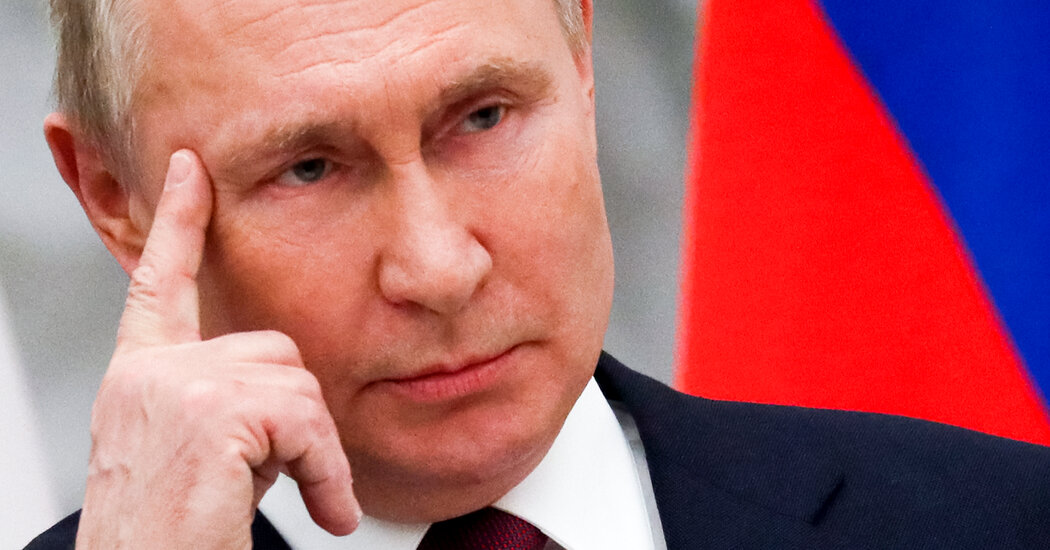
The answer is surprising, even paradoxical. Europeans and Ukrainians are skeptical of a major Russian invasion in Ukraine not because they have a more benign view of Mr. Putin than their American counterparts. On the contrary, it’s because they see him as more malicious. War, they reason, is not the Kremlin’s game. Instead, it’s an extensive suite of tactics designed to destabilize the West. For Europe, the threat of war could turn out to be more destructive than war itself.
America and Europe aren’t divided on what Mr. Putin wants. For all the speculation about motives, that much is clear: The Kremlin wants a symbolic break from the 1990s, burying the post-Cold War order. That would take the form of a new European security architecture that recognizes Russia’s sphere of influence in the post-Soviet space and rejects the universality of Western values. Rather than the restoration of the Soviet Union, the goal is the recovery of what Mr. Putin regards as historic Russia.
In Washington and Brussels, the message has gotten through. There’s a general agreement on both sides of the Atlantic that the Kremlin, whatever it might do next, won’t stay still. Russia will not simply step back. But while Americans tend to believe that Mr. Putin needs a hot war in Ukraine to realize his grand ambitions, Europeans and presumably Ukrainians believe that a hybrid strategy — involving military presence on the border, weaponization of energy flows and cyberattacks — will serve him better.
That’s based on some sound reasoning. A Russian incursion into Ukraine could, in a perverse way, save the current European order. NATO would have no choice but to respond assertively, bringing in stiff sanctions and acting in decisive unity. By hardening the conflict, Mr. Putin could cohere his opponents. Holding back, by contrast, could have the opposite effect: The policy of maximum pressure, short of an invasion, may end up dividing and paralyzing NATO.
To see how that might play out, we need only look to Germany. Before the crisis, Germany was America’s closest ally in Europe, boasted a special relationship with Moscow and was the most important partner for Eastern and Central Europe. Today, some in Washington have questioned the country’s willingness to confront Russia, Berlin’s relationship with Moscow is fast deteriorating, and many Eastern Europeans are agitated by Germany’s apparent reluctance to come to their support. Germany’s difficulties are a hint of what could come if Mr. Putin continues his brinkmanship, without providing the certainty of an actual invasion.






